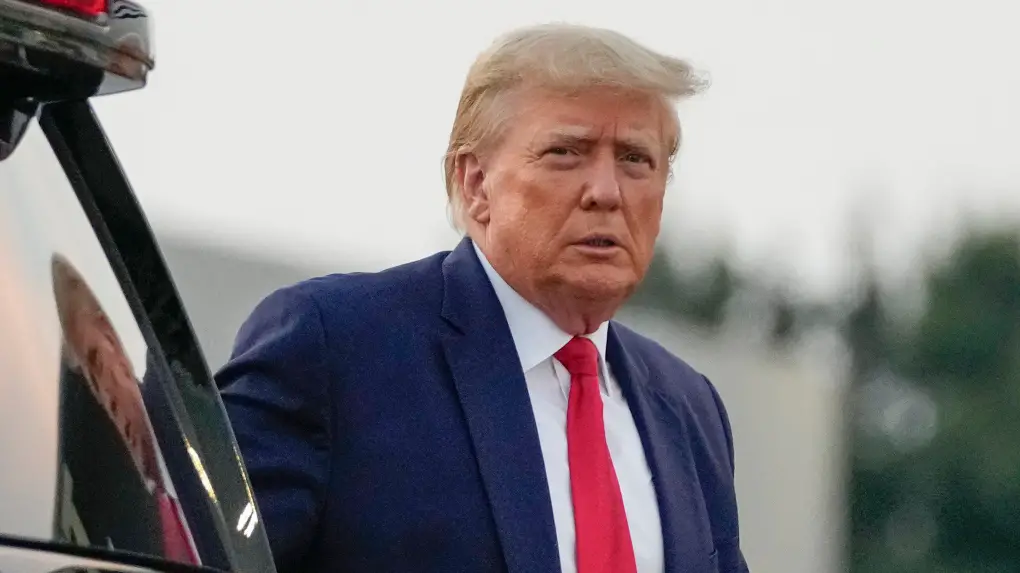
In the unpredictable world of politics, where narratives can shift overnight, the recent release of former President Donald Trump’s mugshot has set the stage for an unexpected turn of events. While many anticipated the image to be a point of criticism, it has instead ignited a wave of support, particularly from a demographic that has traditionally leaned Democratic: the black community.
For decades, the Democrat Party has relied on the unwavering support of the black community, considering it a cornerstone of their electoral base. Their voices, votes, and activism have been pivotal in shaping many political victories. However, the reactions emerging from platforms like X (formerly Twitter), TikTok, Facebook, and YouTube suggest a potential reevaluation of this long-standing alliance.
The question that begs to be asked is: Why has a mugshot, typically a symbol of legal troubles, become a rallying point? The answer lies in the deeper layers of symbolism and shared experiences.
For many within the black community, Trump’s mugshot isn’t merely a photograph of a former president. It resonates as a symbol of resilience, of facing a system that often seems predisposed to certain outcomes. It’s a testament to standing firm in the face of adversity, a narrative that many can relate to.
A poignant voice from the digital realm remarked, “Facing challenges, being in the spotlight, and still pushing forward – that’s a sign of strength. If Trump’s thinking of another run, he’s got my support.” Another sentiment, originating from Atlanta’s Zone 6, added depth to this narrative, “Battling against the odds, facing challenges head-on – that’s a story many of us live every day. Trump’s just shown he’s one of us.”
Antoine Tucker, a man whose life journey has taken him from the streets to a path of faith, provided a perspective that’s both raw and insightful. He suggests that the establishment’s attempt to use the mugshot as a tool against Trump might have backfired, especially among those who’ve felt the weight of the system.
But this isn’t just about a photograph. It’s a reflection of broader sentiments, a growing disillusionment with the promises of the liberal establishment. Voices, some from places as unexpected as Fulton County Jail, are speaking up. They talk about the challenges faced by cities like Atlanta and question the efficacy of Democrat-led initiatives.
Recent polls, such as the New York Times / Sienna poll, provide a backdrop to this narrative shift. The once-solid support for Biden among certain non-white segments seems to be waning. Analysts, including Ruy Teixeira, are highlighting this divergence. The Democratic Party’s progressive agenda appears increasingly out of touch with the more moderate views of the nonwhite working class.
Teixeira’s insights suggest a divergence in perspectives on key issues. For instance, this demographic views racism more as individual acts of prejudice rather than a systemic issue. Their stance on policing is clear – they support funding the police, a viewpoint that contrasts with many progressive calls.
As the countdown to the 2024 elections begins, the political landscape is in flux. The release of Trump’s mugshot, rather than being a point of weakness, might be remembered as a pivotal moment. Both parties must now recalibrate their strategies, paying heed to these emerging voices. For in the intricate tapestry of politics, it’s often the unexpected threads that weave the most compelling narratives.
Source Conservative brief
